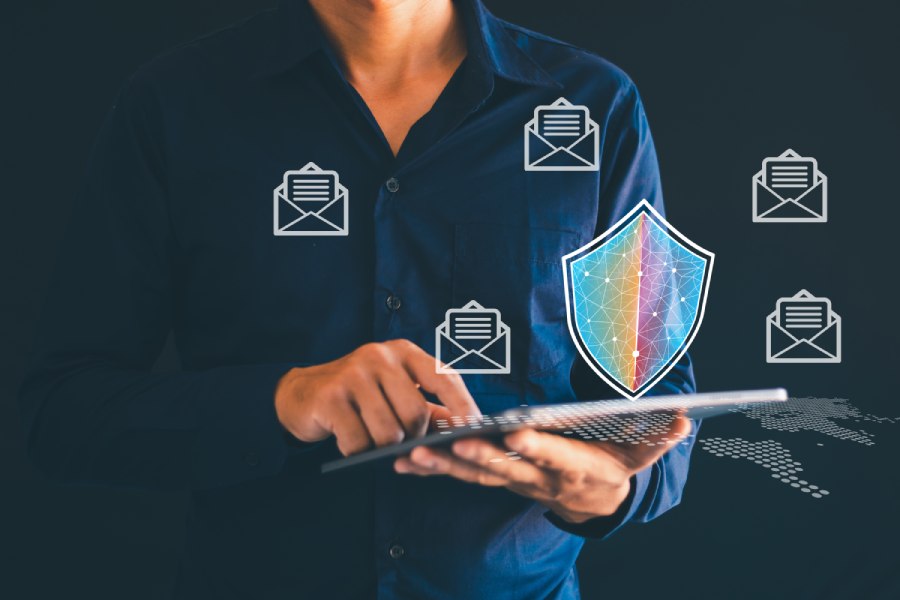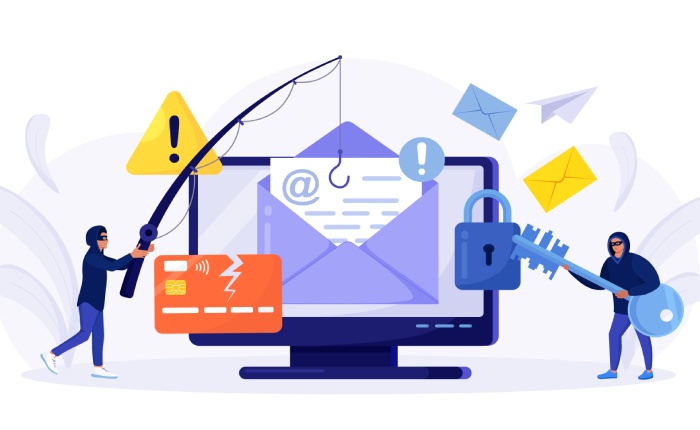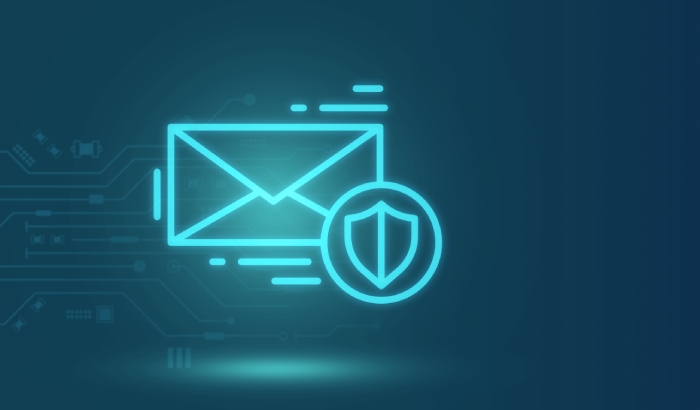In today’s digital age, emails have become a crucial channel of communication for all organizations. Emails have various benefits, such as reliability, economy, and mobility. Since we exchange a lot of important and sensitive data through emails, it is no wonder that users are seeking the best and latest solutions to uphold the confidentiality of their email contents. Any exposure of the vital information to the wrong people is enough to cripple an organization’s functioning. And a single click on a malicious link is all it takes to compromise the confidential data of an enterprise. Hence, email security plays a crucial role in enterprise networking, and email encryption is the appropriate way to secure emails.
Vulnerabilities In The Email Security Have Put The US Presidential Candidates At Risk
There is, arguably, no other presidential post with global importance and far-reaching impacts than the US presidency. As such, you’d think that all aspects of security of the president and even the presidential candidates will be well-covered. However, this may not be true in practice. A recent analysis found that most of the 2020 presidential nominees in the US – including the present president – lag when the crucial aspect of email security is concerned. It is a cause for concern to know that Hillary Clinton’s email accounts were aimed at and breached by Russian cybercriminals three years ago.
Agari, an email threat prevention service provider, confirms in its study that only the Democratic nominee Elizabeth Warren is using all the essential methods required for reliable email security. These methods include message authentication, reporting, and conformance policy known as DMARC (Domain-based Message Authentication, Reporting & Conformance).
DMARC develops from email protection protocols known as Sender Policy Framework (SPF) and DomainKeys Identified Mail (DKIM). These protocols detect fake senders and protect the recipient from scams, phishing, and suspicious emails. It accomplishes this by validating all the emails and rejecting or marking the emails as spam if they cannot be satisfactorily verified.
According to Agari, other presidential candidates like Bernie Sanders, Joe Biden, and even Donald Trump are not using DMARC or even the primary measures regarding email security for their accounts. By not employing DMARC for their email security, all the presidential candidates run the risk of having their emails imitated by spam campaigns. Additionally, they will become prone to phishing attacks.
Armen Najarian of Agari commented: “DMARC is more important than ever because if it had been implemented with the correct policy on the domain used to spearphish John Podesta, then he would have never received the targeted email attack from Russian operatives.”
Since the start of the year, the use of DMARC by Fortune 500 organizations has increased visibly. Still, Agari informed that only 16 percent of the 500 enterprises use the essential email security feature, which helps them reject or quarantine invalidated emails.
How Is Email Security Implemented In The US?
In recent years, the government of the US has made an effort for rolling out DMARC across various domains as a result of pressure from Congress. Sen. Ron Wyden once called the implementation of the DMARC policy as an essential that increases cybersecurity without sacrificing liberty.
Adhering to the deadline set by the Homeland Security last October, more than 80 percent of the government functionaries have started using the security feature.
Digging Deeper Into The Need For Email Security
There are three reasons that make emails inherently insecure. These are:
Simple Communication
The reason for the growing popularity of email communication is its ease-of-use and quick transferability. The process of sending an email is straightforward, which makes it an essential tool for people of all age groups and technical skills. However, it is this simple path of delivery that leaves the information exposed and prone to hacking attempts by cybercriminals.
Public Network
Since the public network is used to transmit all email communications, there are chances that the authoritative person of that network may alter its contents. He or she may stop, view, and edit the email before forwarding it to the receiver.
Too Simple to Resist
When you send emails without encryption, it becomes easier for hackers to access and modify them. Adversaries take advantage of this simplistic nature of the emails to further their malicious agenda.
Thus, the lack of adequate security measures can expose crucial data because of the inherently insecure nature of the emails. This fact paints a clear picture of the evident need for email security measures.
Reasons For Improving Your Email Security
Besides the innate insecurity of emails, other reasons for taking appropriate email security measures are:
- The information sent via email may be prone to threats if not appropriately encrypted, as the adversary can access it or can misuse the data.
- Confidential information such as credit card numbers, account numbers, social security numbers, etc. can be modified during the transmission. Additionally, attackers can easily change the usernames and passwords, posing a grave threat to the confidentiality of enterprise data.
- The hacker can use the account to send fake messages on behalf of the organization. Thus, it is a direct attack on the reputation of the enterprise.
- Simple Mail Transfer Protocols (SMTPs) store the private messages transferred through emails. They make a backup of the data in a text format. Hackers with access to the data can read the content while misusing the data, even if the sender deletes them from their inbox.
Benefits Of Email Security
- Regularly updated protection and security: Hackers keep improvising and coming up with unique threats. Email security providers update their solutions as a countermeasure against new threats and are hugely successful in helping organizations avoid email attacks.
- Seamless integration: The email security software doesn’t require setting up a massive infrastructure. It seamlessly integrates with the existing email architecture. Also, no data is lost or corrupted during migration.
- Removal of threat before it reaches the system: Robust email security service, which is now being adopted by enterprises, isolate the employees and the systems from malware. They remove the threat even before it reaches the network.
- Readily available: Many software providers create an entirely safe and fully protected email environment for the user. These advanced email security systems greatly enhance threat detection and spam protection.
Conclusion
With the increase of attacks and account breaches these days, it’s better to take appropriate control measures to protect the data sent through emails than take chances without them. Recent crimes have shown us that no one is too small or too big to evade attacks. The only foolproof solution is making email security an integral part of your email environment.


